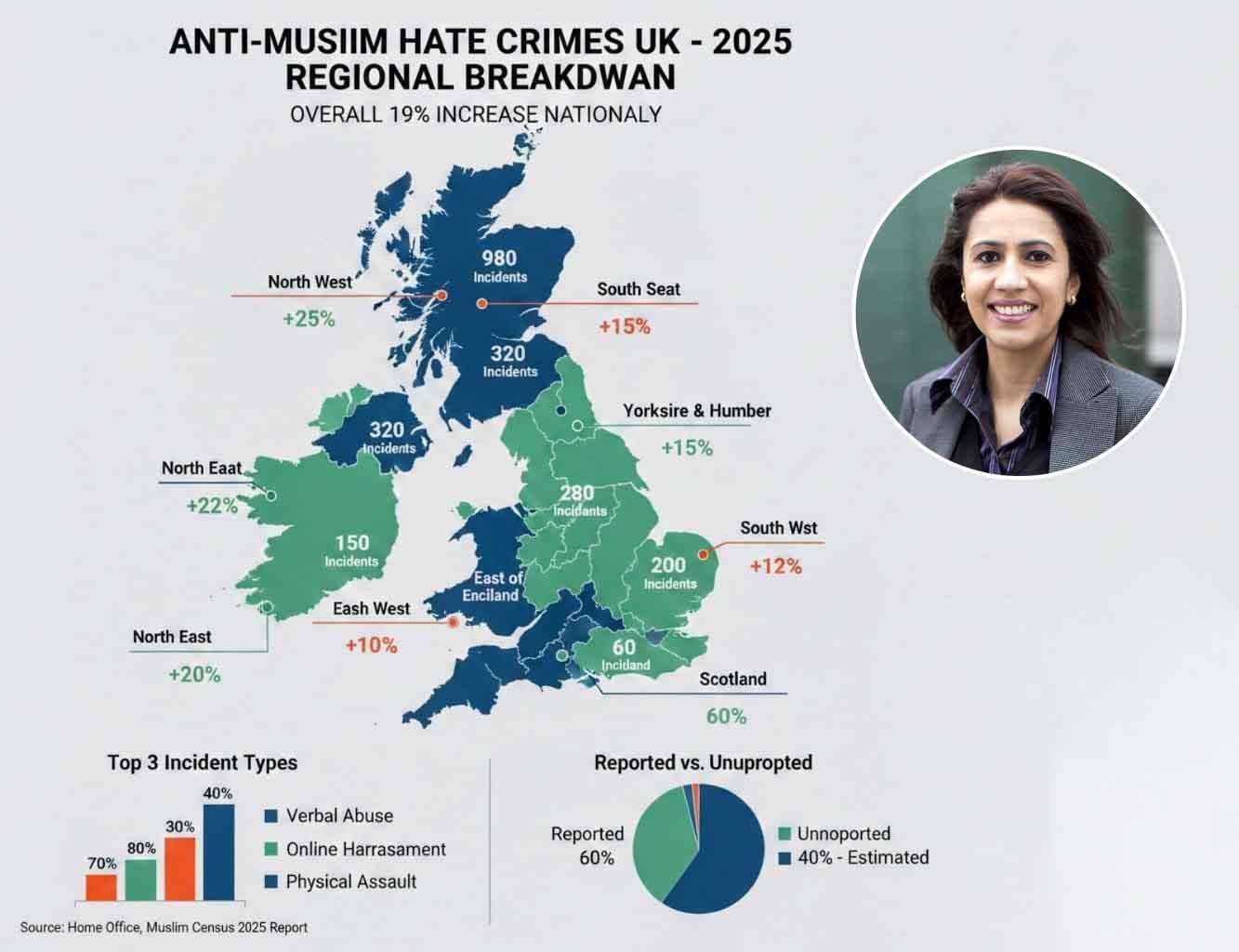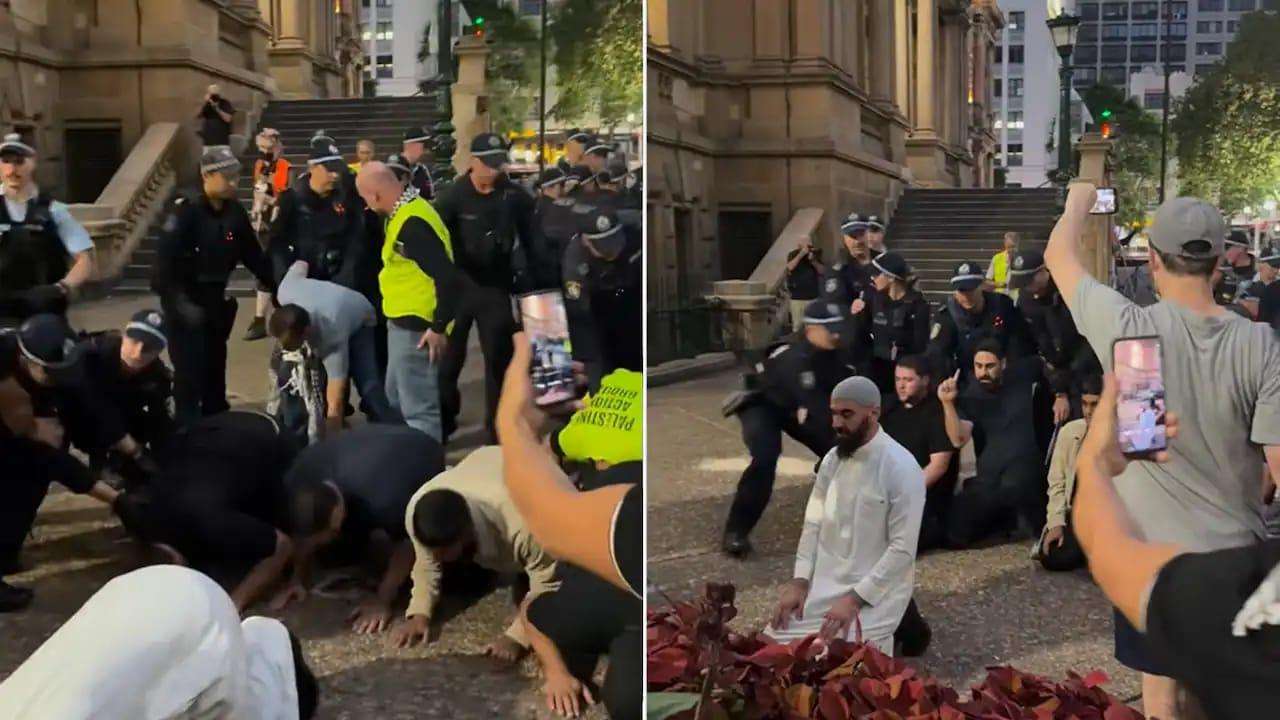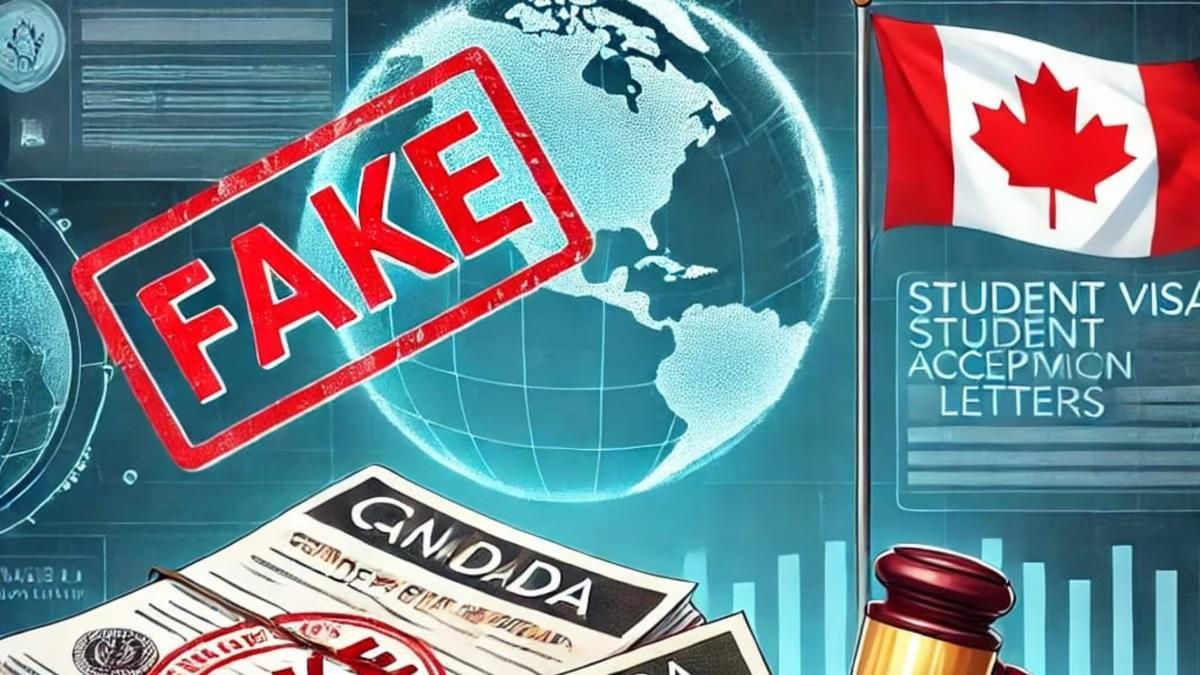In 2024, Canadian immigration authorities stepped up their inspection of study visa applications after identifying over 10,000 phoney student acceptance letters. This disclosure comes after several instances of fraud, especially using unregistered immigration advisors in India.
When 700 Indian students, primarily from Punjab, were discovered to have forged admission offer letters during the 2023 deportation crisis, the raid was sparked. Fraudulent documents used by unlicensed consultants in India to get study permissions were implicated in the scheme.
To prevent similar incidents, Immigration, Refugees and Citizenship Canada (IRCC) implemented stricter document verification. Since then, 2% of the 500,000 acceptance letters reviewed in the past year were flagged as fake, while 1% were linked to cancelled admissions or unresponsive institutions.
The issue extends beyond India, with students from China and Vietnam also implicated. A probe into 2,000 suspicious cases last year revealed that 1,485 applicants used bogus documents, leading to entry refusals or deportations.
Educational institutions have also come under scrutiny. Some colleges reportedly failed to authenticate letters, raising concerns over their role in the fraud.
GOVERNMENT RESPONSE AND NEW RULES
Canada has introduced stricter measures to safeguard international students and maintain program integrity:
- Verification portal: Since December 2023, designated learning institutions (DLIs) verify acceptance letters online.
- Mandatory reporting: DLIs must report enrolment twice a year, with non-compliance leading to suspension from admitting students.
- Permit changes: Students transferring institutions must now obtain a new study permit.
Quebec institutions are currently exempt from these measures, with IRCC working to integrate them into the system.
PROTECTING INTERNATIONAL STUDENTS
The revelations have sparked calls for better protections. Immigration critic Jenny Kwan described the findings as "extremely alarming," emphasising the need to support defrauded students.
Canada aims to rebuild trust with international students while ensuring stricter compliance. As Immigration Minister Marc Miller stated, “The changes are vital for safeguarding the integrity of the program and the student experience.”








.svg)


